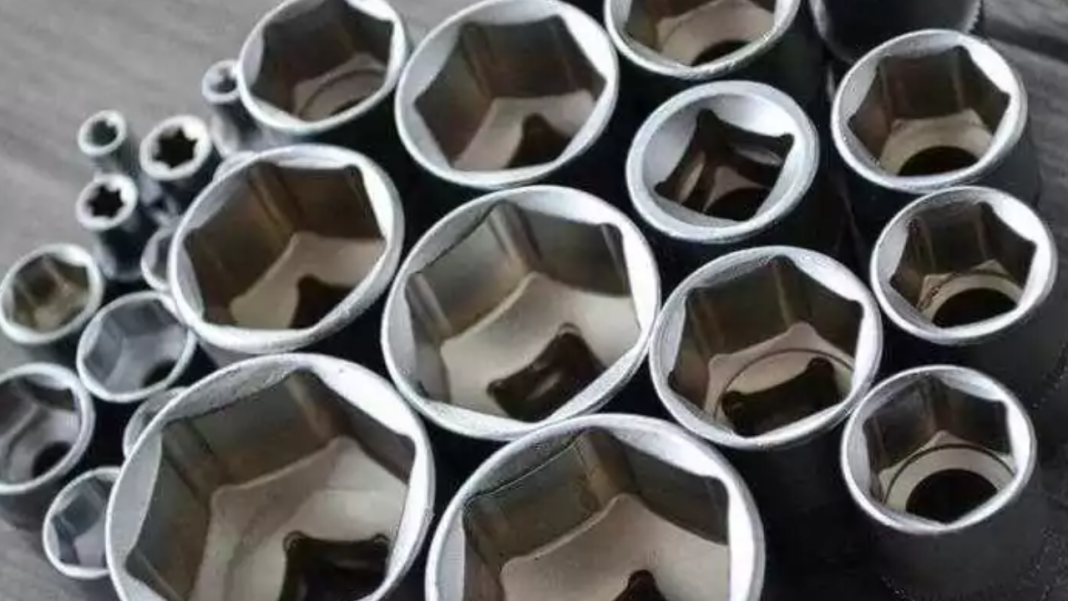Forged stainless steel components are notable for their remarkable robustness and adaptability across various sectors. They thrive in harsh environments and are renowned for their corrosion resistance. Their strength is increased through forging, which guarantees dependability in demanding applications. These components are helpful in the petrochemical, automotive, and aerospace industries due to their remarkable resistance to temperature.
They are perfect for use in the food and pharmaceutical industries due to their hygienic qualities. Material selection, heating, forging, heat treatment, and careful finishing are all steps in the precision forging process forging stainless steel components is essential to the creation of durable, high-performing products in a variety of industries, from medical devices to aircraft parts.
Transformative Effects Stainless Steel Forged Components Have On Industries
Stainless steel forged components profoundly transform industries, impacting how engineers innovate, and businesses operate. These elements have sparked innovation in many fields and ushered in a new era of potential. Key elements of their transformational impact are as follows:
Enhanced Reliability and Efficiency:
The forged stainless steel components play a significant role in enhancing the reliability and efficiency of industrial processes. Because of their durability, machinery and equipment operate at peak efficiency, cutting downtime and raising output levels. The transformative effect is especially noticeable in sectors like manufacturing and energy, where accuracy and dependability are essential.
Developments in Aerospace Technology:
Using stainless steel forged components has significantly influenced the industry’s revolutionary transformation. These components’ lightweight, robust design has proven advantageous for aircraft, spacecraft, and related technologies. As a result, aircraft with higher performance and reduced fuel consumption have been developed, expanding the realm of possible aerospace engineering innovations.
Novelties in Automobile Design:
Stainless steel forged parts have significantly transformed the performance and appearance of automobiles. The push for lightweight materials without compromising strength has led to innovations in vehicle design, resulting in fuel-efficient cars, improved safety features, and electric vehicle technologies. The transformational impact of these components is partly responsible for the automotive industry’s pursuit of efficiency and sustainability.
Sustainable Manufacturing Practices:
The longevity of forged components and stainless steel’s recyclability help advance sustainable manufacturing practices. Using stainless steel-generated components is consistent with the sustainability objectives of an industry that is progressively more concerned with minimizing its environmental impact. The shift to more environmentally friendly methods changes supply chains, consumer preferences, and entire enterprises.
Extended Lifespan of Infrastructure:
The lifespan of infrastructure across sectors has significantly increased due to using stainless steel forged components. The longevity and resistance to corrosion of these elements guarantee that vital structures, such as pipelines, bridges, and power plants, endure the test of time. The lifespan extension of infrastructure has significant benefits for communities and economies.
Cost-Efficiency and Lower Maintenance:
The revolutionary effect of stainless steel forged components is causing industries to see increases in cost efficiency. Long-term cost savings are achieved by reducing maintenance requirements due to the durability and resistance to corrosion and wear. Businesses can allocate resources more strategicall and grow this in innovations, which promotes investment in other innovative areas and growth.
Global Supply Ch. ain Resilience:
Stainless steel forged components’ adaptability and dependability supports global supply chains’ resilience. Businesses that depend on this component efficiency face the effects of interruptions. This resilience is essential for ensuring that vital industries run smoothly during uncertain economic times or external shocks.
Conclusion
Efficiency, sustainability, and innovation are just a few industries in which stainless steel forged components have a profoundly positive impact. These elements have woven themselves into the very fabric of contemporary engineering, influencing how various sectors approach opportunities and challenges. Stainless steel-forged components will probably play a more evolving role as technology advances, helping to continue transforming global industries.




